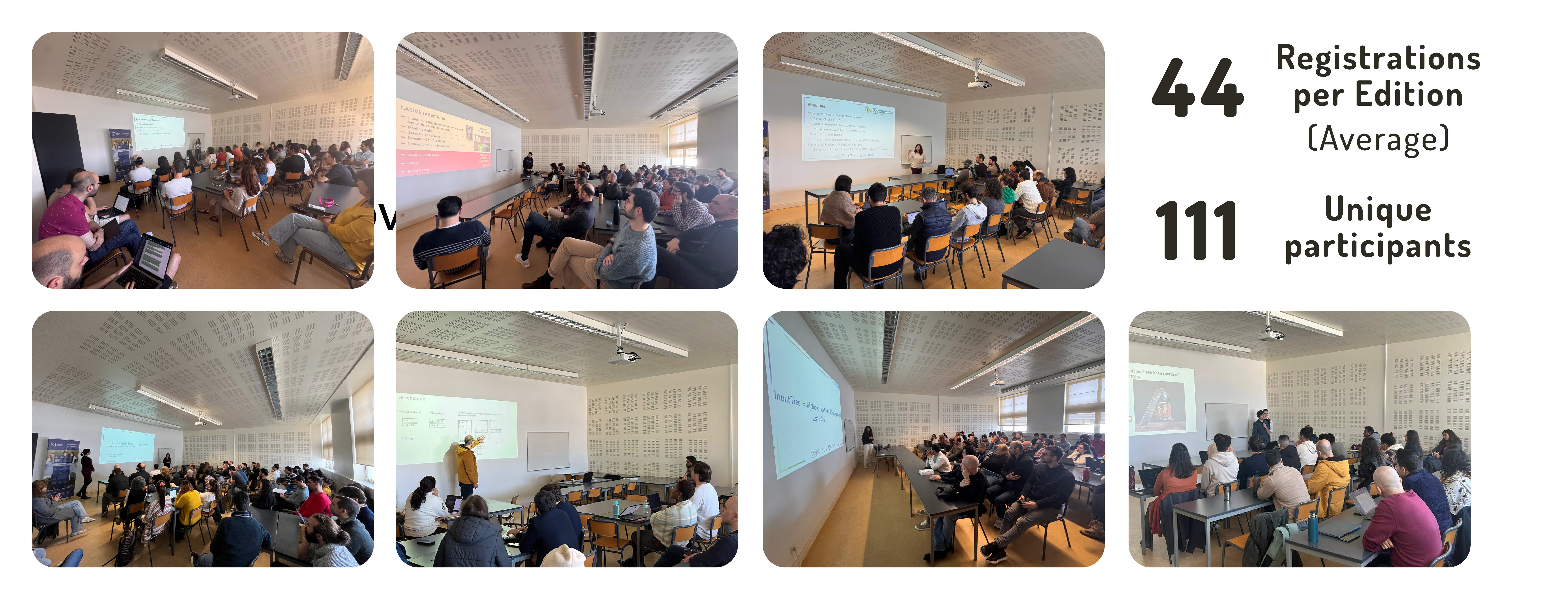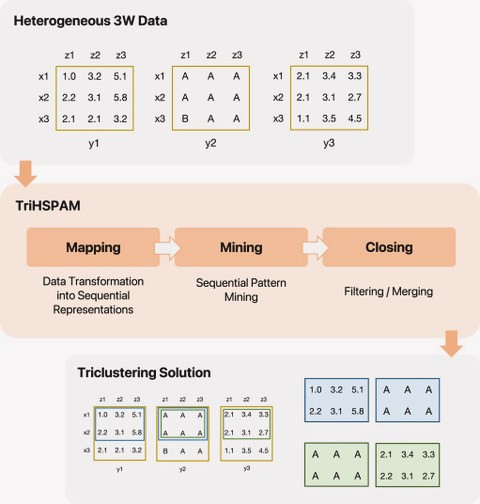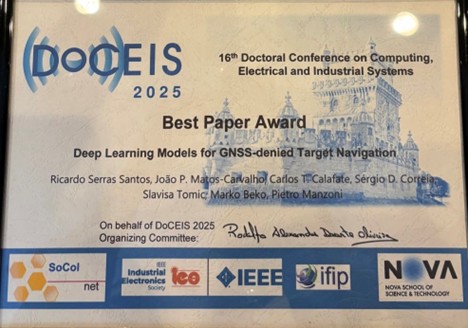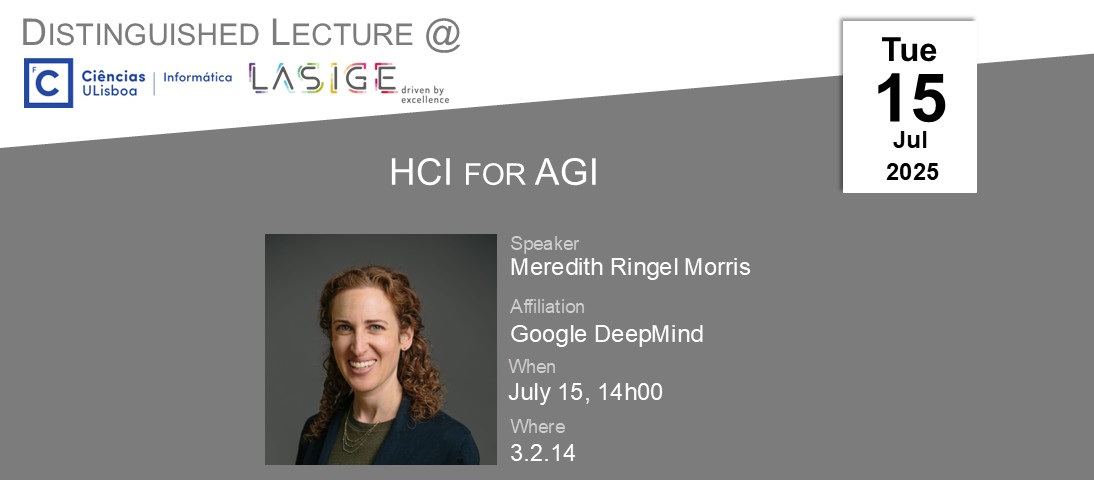RECENT
NEWS

LASIGE Talks’ 2025 edition
09/07/2025
The 13th and final LASIGE Talks edition of the 2025 academic year took place on June 25, highlighting the high-quality and diverse research carried out within the LASIGE research unit. The event has served as a valuable platform for sharing distinguished work conducted by LASIGE members. This edition featured a distinguished paper presentation, a year-in-review […]

Diogo F. Soares and Sara C. Madeira publish Pattern Recognition Journal
08/07/2025
Diogo F. Soares and Sara C. Madeira, LASIGE Integrated Researchers, published the paper “TriHSPAM: Triclustering heterogeneous longitudinal clinical data using sequential patterns” in Pattern Recognition Journal, a top-ranked journal in Artificial Intelligence and Pattern Recognition. The paper is co-authored by Rui Henriques from INESC-ID and Instituto Superior Técnico. This research introduces TriHSPAM, a novel triclustering algorithm specifically designed […]

João Carvalho receives DoCEIS2025’s Best Paper Award
07/07/2025
The paper “Deep Learning Models for GNSS-denied Target Navigation”, co-authored by João Pedro Carvalho, LASIGE integrated, member among others, received the Best Paper Award at the 16th Doctoral Conference on Computing, Electrical and Industrial Systems (DoCEIS 2025), held in Portugal from 2 to 4 July 2025. This work tackles the problem of target navigation in […]
RECENT
TALKS
ONGOING
PROJECTS
Projects
PUBLICATIONS
Members
RECENT
PUBLICATIONS
SOFTWARE &
TOOLS
About LASIGE
LASIGE is a research and development unit at the Faculty of Sciences of the University of Lisbon, in the field of Computer Science and Engineering.
LASIGE has approximately 250 collaborators, including researchers holding a doctoral degree, PhD and MSc students and other junior researchers, project managers, and a team of system administrators. The current Director is Prof. Alysson Bessani.



